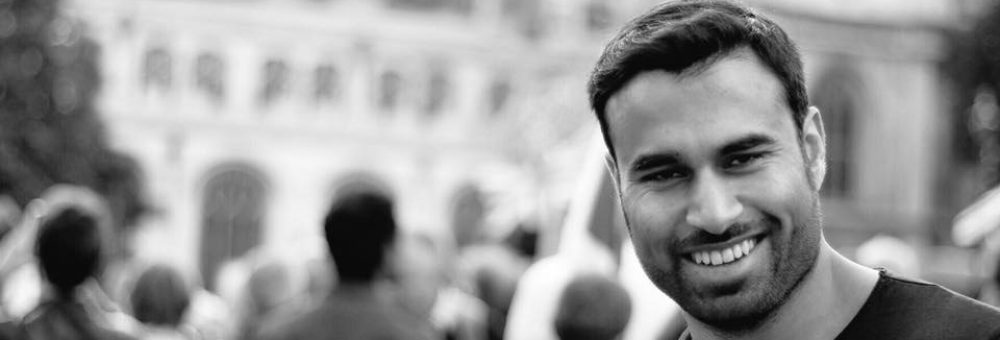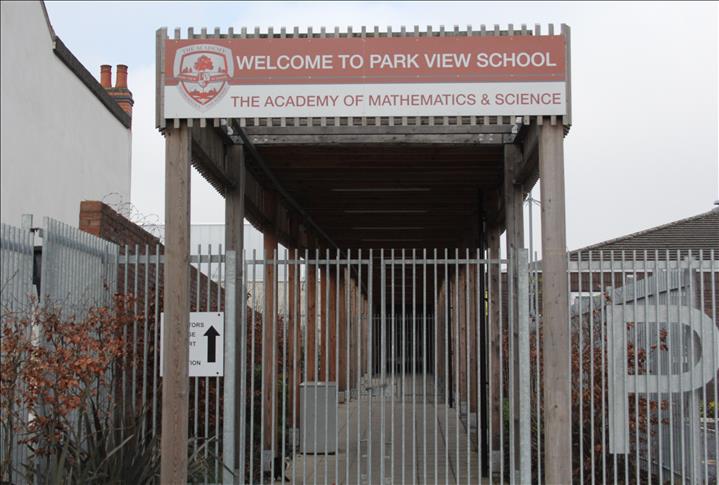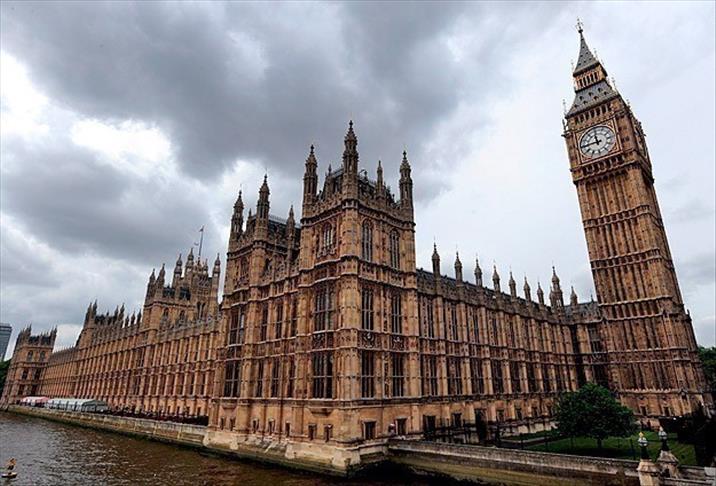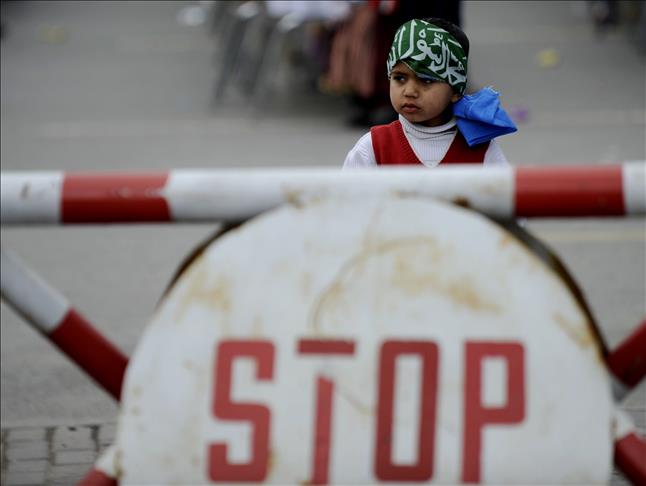Prime Minister tells Parliament that militant Britons are a threat to the UK.
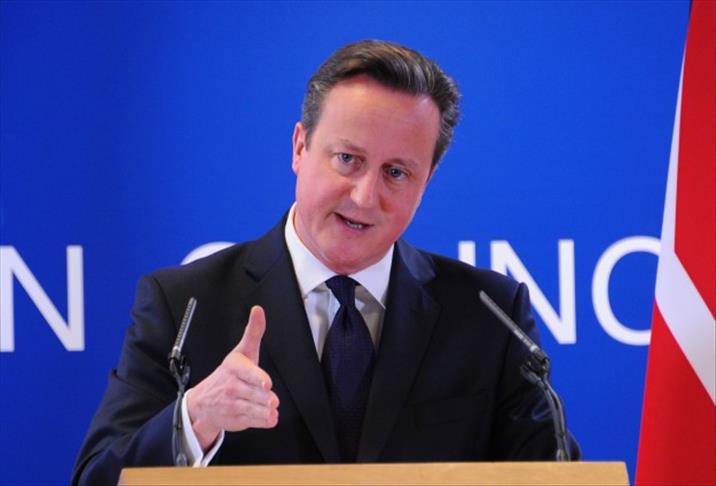
LONDON
The militants currently advancing on Baghdad are planning terrorist attacks in the UK, Prime Minister David Cameron told Parliament on Wednesday.
He said: “I would also disagree with those people who think that this is nothing to do with us and if they want to have some sort of extreme Islamist regime in the middle of Iraq that won’t affect us. It will. The people in that regime, as well as trying to take territory, are also planning to attack us here at home in the United Kingdom.”
Calling for robust action from the Iraqi government, he said the right approach was to “be long term, hard-headed, patient and intelligent with the interventions that we make and the most important intervention of all is to make sure that these governments are fully representative of the people who live in their countries, that they close down the ungoverned space and that they remove the support for the extremists.”
During a long exchange about Iraq during Prime Minister’s questions, Cameron said that he had had meetings to discuss the threat posed by Britons people travelling abroad to fight in Iraq and Syria. The government, he told MPs, has already stopped people from travelling and has taken away individuals’ passports. He also said the government intended to make illegal to plan overseas terrorist attacks from the UK.
Cameron said: “The estimates are now that this is a greater threat to the UK than the return of foreign jihadis and fighters from the Afghanistan or Pakistan region and we need to be doing everything we can to keep our country safe.”
He added: “We will continue to do everything we can to keep our country safe.”
The UK has ruled out military intervention in Iraq, Cameron said aid for Iraqi refugees would be increased from £3 million to £5 million.
ISIL, which already controls parts of Syria, has extended its reach into Iraq since June 10, when it seized Iraq’s second-largest city Mosul and several other towns amid allegations of atrocities against prisoners. Iraq has seen a marked increase in sectarian violence between Sunni and Shi’a Muslims in recent months, which the Iraqi government blames on ISIL.
Read the original article published in Anadolu Agency on 18 June 2014
